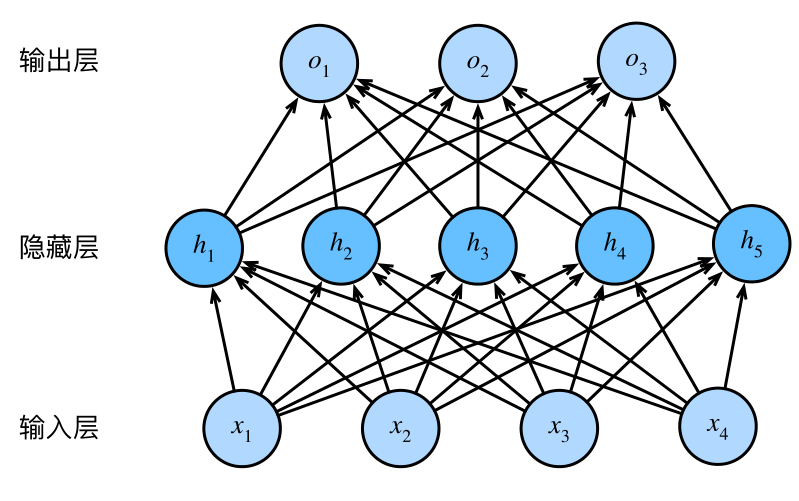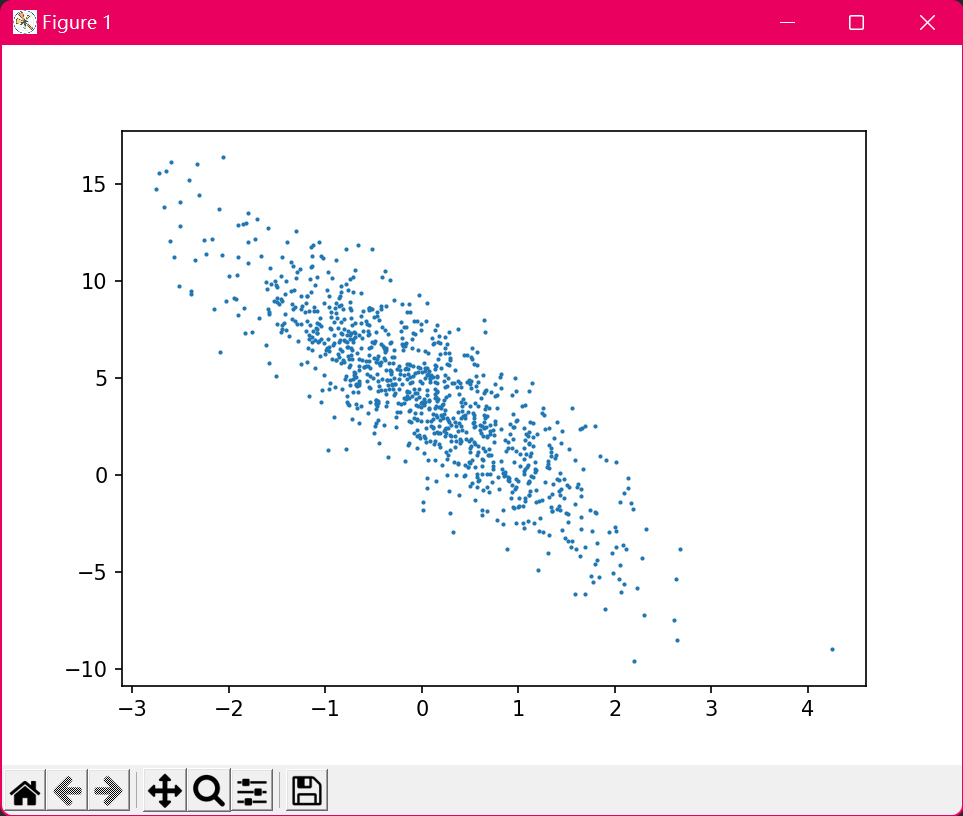查找模块里的所有函数和类
当我们想知道一个模块⾥⾯提供了哪些可以调用的函数和类的时候,可以使⽤dir函数。下⾯我们打印nd.random模块中所有的成员或属性。
from mxnet import nd, autograd
print(dir(nd.random))输出:
['NDArray', '_Null', '__all__', '__builtins__', '__cached__', '__doc__', '__file__', '__loader__',
'__name__', '__package__', '__spec__', '_internal', '_random_helper', 'current_context', 'exponential',
'exponential_like', 'gamma', 'gamma_like', 'generalized_negative_binomial', 'generalized_negative_binomial_like',
'multinomial', 'negative_binomial', 'negative_binomial_like', 'normal', 'normal_like', 'numeric_types', 'poisson',
'poisson_like', 'randint', 'randn', 'shuffle', 'uniform', 'uniform_like']
通常我们可以忽略掉由__开头和结尾的函数(Python的特别对象)或者由_开头的函数(一般为内部函数)。通过其余成员的名字我们⼤致猜测出这个模块提供了各种随机数的⽣成⽅法,包括从均匀分布采样(uniform)、从正态分布采样(normal)、从泊松分布采样(poisson)等。
查找特定函数和类的使用
想了解某个函数或者类的具体用法时,在pycharm中可以使用更简单的方法。我们只需要按住Ctrl键点击我们需要查看的函数和类即可。我们依然以NDArray中的ones_like函数为例,查阅它的⽤法。
def ones_like(data=None, out=None, name=None, **kwargs):
r"""Return an array of ones with the same shape and type
as the input array.
Examples::
x = [[ 0., 0., 0.],
[ 0., 0., 0.]]
ones_like(x) = [[ 1., 1., 1.],
[ 1., 1., 1.]]
Parameters
----------
data : NDArray
The input
out : NDArray, optional
The output NDArray to hold the result.
Returns
-------
out : NDArray or list of NDArrays
The output of this function.
"""
return (0,)从⽂档信息我们了解到,ones_like函数会创建和输⼊NDArray形状相同且元素为1的新NDArray。
对于原书中提到的使用help()函数和?、??的方式在pycharm中也能实现。这里需要我们打开python 控制台按照书中提示输入即可,但是?、??的结果不会显示在额外的窗口,而是直接在下方输出。此处篇幅过长请自行尝试。
help(nd.ones_like)
nd.random.uniform?
nd.random.uniform??在MXNet网站上查阅
访问MXNet⽹站 https://mxnet.apache.org/versions/1.9.1/api 可查阅各个前端语⾔的接口。此外,也可以在⽹⻚右上⽅含的搜索框中直接搜索函数或类名称。
- THE END -
最后修改:2022年8月6日





 川公网安备 51070302110564号
川公网安备 51070302110564号
共有 0 条评论